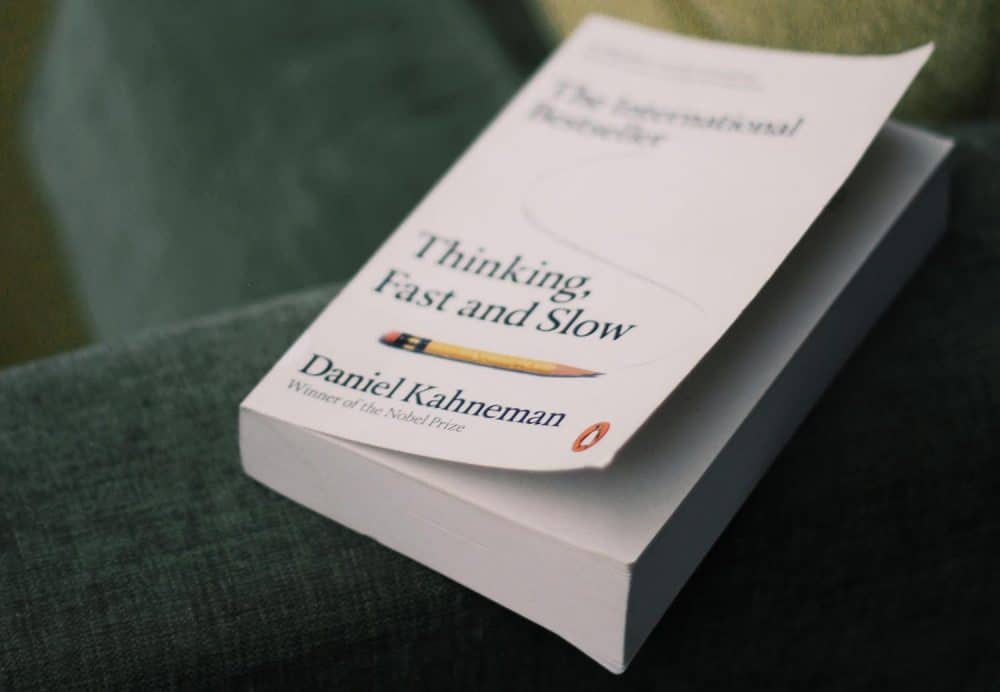The dictionary defines procrastination as “the action of delaying or postponing something”. There was a time when I used to believe that procrastination is a bad habit and that only bad or weak people procrastinate. However, after reading a lot of psychology and neuroscience research, I now realize that we are all lazy and procrastinate on important life tasks. I am yet to meet a human being who doesn’t procrastinate.
Why We Procrastinate?
We procrastinate when our desire to do something is trumped by anxiety, perfectionism, a fear of failure or not seeing any immediate reward (dopamine hit) for doing the task at hand. This is the psychology behind procrastination. This causes us to postpone things endlessly even when we know they are important.
I often slip into procrastination when I am working on something important like writing an article, programming software, editing photos, etc. It is so tempting to procrastinate and do something else when the real task is uncomfortable and lacks immediate gratification. Earlier I used to waste that time by intuitively opening up Facebook / social media / news online. Once you open it, it is so easy to get sucked up and 30 to 60 minutes are gone before you realize it.
“A man who procrastinates in his choosing will inevitably have his choice made for him by circumstance.” – Hunter S Thompson
Social Media and news websites/apps are designed to hack your brain and keep your attention by using psychological and behavioral tricks. Most of the smartest brains in our world are working for these companies with the aim of making you click more advertisements, watch recommenced videos, and so on. Features in our apps like likes, followers, streaks, and constant notifications are habit-forming and make us want to check these apps again and again.
The real purpose of these apps is to trigger dopamine-producing actions to give us instant gratification, which can be tremendously addictive. This is basic psychology, but most people have never studied it so they have no idea they are falling victim to an elaborate trap/system to capture and keep their attention.

Understand How Your Brain Works
Making Procrastination Productive
Instead of fighting my procrastination (which I tried a lot), now I kind of hack it in a productive way. By not trying to resist my procrastination, I have been able to get a lot of important tasks done which I earlier believed I never had the time for. It was only much later that I realized this way of doing things is called “Structured Procrastination” by John Perry, who is a professor of Philosophy at Stanford University.
Earlier, I always wanted to but never used to get enough time to read books. At one time I had around 40 unread books in my home without any time to read them. So I thought of using the time I wasted procrastinating away to read books instead. I decided to read whenever I would slip into procrastination mode.
I took only 2 steps to achieve this:-
- I made slipping into social media/news apps difficult. For this, I turned off all notifications on all my devices – laptops and mobile phones. I also deleted all social media and news apps from my mobile phone and decided to use the browser to open them if I really need to. I also blocked all social media and news websites on my browser by using a browser extension from 5 am to 5 pm – my most productive hours.
- I made reading easier by making sure a book is always accessible no matter where and when I need one. I did that by –
- Having a book I am currently reading on my phone (kindle) so that I read 5-10 pages whenever I have spare time. Ex – waiting in a queue, traveling by bus or metro, etc.
- Always have a physical book in my backpack so that I can take it out whenever I need to without any effort.
- Always keep a physical book where I usually am – on my work desk, at my bedside, in my living room, on my home office desk, etc.
- This way, I always have a book accessible whenever I tend to procrastinate from another important task. It is not uncommon for me to read 4-6 books at the same time (kept in different physical or virtual locations). Usually, I end up finishing these 4-6 books in a month’s time. As soon as one is over, I open a new book for that particular location.

“A room without books is like a body without a soul.” ― Marcus Tullius Cicero
250 Books in 5 Years
If you want to know how well this method has worked, read on. I did not read more than a couple of books in 2014 and 2015 each. That’s when I realized I need to do something about my procrastination and I started following the above strategy. After this, I have read over 250 books from 2016 onwards (I am writing this in July 2020) using this process (all in reading sessions from minimum 5 to maximum 30 minutes long) without taking out any other dedicated time for reading. Today I read close to 50 books every year this way.
I would never have imagined this being possible. Even now, as I write this article, there are 6 books which I am reading simultaneously – 4 physical books placed all around my house and 2 e-books (one on my laptop and phone each). I can’t even begin to imagine how much I have learned from all these books I have read in the last 5 years.
If you are wondering what I usually read, I love to read (auto)biographies of prominent politicians, businessmen, sport stars the most. They are followed by books from my areas of interest – ranging from psychology, neuroscience, computer systems, self-help, entrepreneurship, leadership, coaching, and so on.
“All I have learned, I learned from books.” ― Abraham Lincoln
What Does This Mean?
If you are wondering what is the point of this, it is to realize that we are all flawed and have skills of self-deception, many of them working on a subconscious level. Structured Procrastination is just using a little bit of imagination to work around our most innocent character flaw – procrastination. If you want to implement a similar system, here is what I recommend:
- Make it difficult to procrastinate in your preferred way. Remove your social media apps, block them in your browser, kill your TV/Netflix connection, or just turn off your wifi while you work on your “important” task.
- Have an alternate Structured Procrastination activity planned out which is also important but not urgent. This could be reading books, or exercising. It is important to do this pro-actively and not think about when you are procrastinating away from your main activity.
- Have a goal which is very minimal. For me, it is reading 2-3 pages of a book, which I can do in 5 minutes. For you, it could be doing 5 push-ups wherever you are.
- Make it easier to do. I did this by having a book always available and within reach. Finding a book that I am reading never takes more than 10 seconds, as I always have a physical or virtual copy within my sight. I have shortcuts for the kindle app all over my phone 😉
A Simple Habit Tracker
Adapt As You Go
Everyone is different. What works for me might not work for you. Once you have an initial system in place, adapt it to suit your needs as you go. For me, another recent addition (which I added only a year ago) is to mark my progress in a habit tracker. So every time I complete an activity (that I want to make into a habit), I mark it in a spreadsheet.
Once I have a streak going, I don’t want to break it, and this way I make my own psychology work for me. This is the same concept of “streaks” which you can find in apps like Strava, Snapchat, Headspace, etc but instead of falling prey to the strategy by the app, you can use it to your own advantage.
Another unconventional way I have recently added to tackle procrastination – I never leave a reading session at the end of a chapter or a book, as I realize starting something fresh (a new book, a new chapter) takes more mental effort than continuing what you are already midway into.
So I always start a new book/chapter immediately after I finish one, and I always read 1-2 pages of a new book/chapter before finishing a reading session no matter how small or large that session is. This way, I am never in between books/chapters, and I am always in the continuous process of reading one book after another.

This surely is an interesting idea, how to use one bad habit to do something positive. But I guess this means you are still procrastinating on the “main” task? Any tips for not procrastinating in the first place?